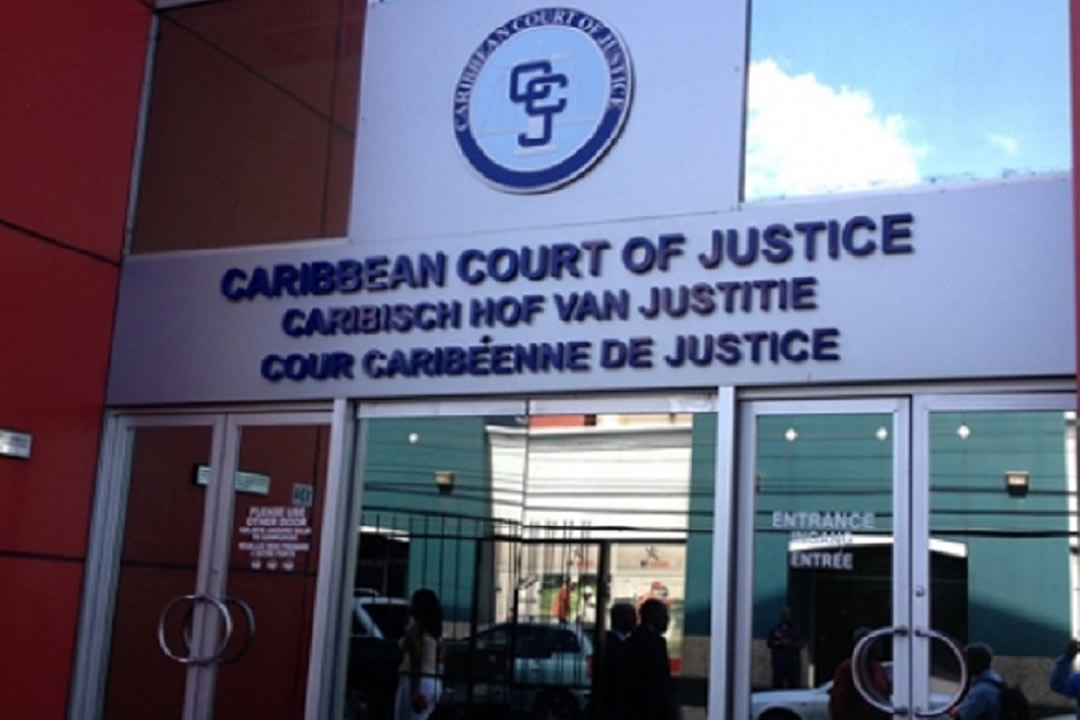Port of Spain, Trinidad. The Caribbean Court of Justice (CCJ) today dismissed a claim by Titan International Securities Inc (Titan) for USD$4,460,000 in losses as a result of a search and seizure operation conducted at its offices in September 2014. The Court did, however, order the Government of Belize (GOB) to pay Titan vindicatory damages of BZD$100,000 for the way in which the operation was conducted.
In September 2014, an indictment was unsealed in the USA charging Titan, the President of Titan, Mr. Kelvin Leach, and eleven others with securities fraud, evasion of taxes, money laundering and conspiracy to commit those offences. The US Department of Justice requested the assistance of the GOB to have Titan’s offices searched as quickly as possible to prevent the destruction of evidence.
A magistrate acting under the mutual assistance law granted a warrant to local police officers as well as officers of the Financial Intelligence Unit to search for and seize documents which might be used as evidence. The warrant was read to Mr. Leach, who was on the premises when the officers arrived, but it was not given to him. Additionally, he did not receive a list of items seized by the authorities and Titan’s attorney was not allowed to enter the offices during the search. While the search was being conducted, Titan was informed, via email, by the International Financial Services Commission that its licence had been suspended. The licence has since expired, and it was never renewed.
In December 2014, Titan filed proceedings in the Supreme Court in which it alleged that the mutual assistance law was unconstitutional and that the search was executed in an unreasonable and oppressive manner, claiming that its constitutional rights were breached. Mr. Justice Abel disagreed with Titan’s contention that the law which granted the power to conduct the search and seizure exercise was unconstitutional. He found that there were limitations and safeguards within the law which sufficiently protected the public from a breach of their constitutional rights. He did, however, find that the search was executed in an unreasonable and excessive, but not oppressive, manner. As a result, he concluded that Titan was entitled to compensation and awarded them US$4,460,000, which was 20% of its original claim of US$22 million.
The Court of Appeal agreed that the search was carried out in an unreasonable and excessive manner but held that Titan failed to show a link between the loss claimed and the constitutional breach. In its view, the taking of the property was not the cause of the shutting down of Titan’s business; it was caused by the suspension and non-renewal of the licence.
The CCJ agreed with the Supreme Court and the Court of Appeal that the law itself was not unconstitutional, but that Titan’s right to privacy had been violated. The Court concluded that Titan failed to prove the link between the breach of its constitutional right and the closure of its business.
Like the Court of Appeal, the CCJ was of the view that Titan’s loss was caused by the suspension and non-renewal of the licence. The Court of Appeal was therefore right to say that there was no basis for an award of US$4,460,000 to Titan. The CCJ did, however, award Titan BZD$100,000 in vindicatory damages after it considered the high-handed manner in which the search and seizure operation was conducted. The full decision of the Court, and a judgment summary can be accessed via the CCJ’s website at www.ccj.org.

